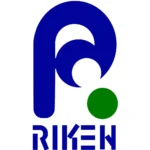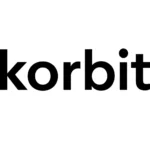Hitachi has joined forces with Japan’s Riken research institute and Belgium’s Imec to develop a silicon-based quantum computer, Nikkei reported, entering a field where established players already boast hundreds of qubits.
The Japanese conglomerate plans to deliver a prototype by fiscal 2027, followed by a system with roughly 100 qubits the following year. A machine with 1,000 qubits is targeted for fiscal 2030, with error correction capabilities to enhance reliability.
The timeline puts Hitachi several years behind competitors. Fujitsu and Riken unveiled a 256-qubit superconducting system in April, while IBM, Google and Microsoft have deployed larger quantum processors. Japan’s government committed $7.4 billion to quantum technology earlier this year as nations compete for dominance in the emerging field.
Silicon-based systems offer potential advantages, including compatibility with existing semiconductor manufacturing and the ability to operate at higher temperatures than superconducting alternatives. Yet scaling remains a challenge. Recent demonstrations by Imec and Australia’s Diraq showed silicon qubits achieving above 99% fidelity in industrial settings—a threshold needed for error correction to work.
Whether Hitachi’s approach can catch up to rivals deploying thousands of qubits depends on executing its roadmap while competitors continue advancing their own systems.





